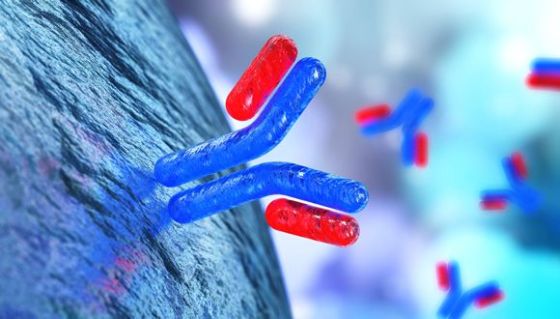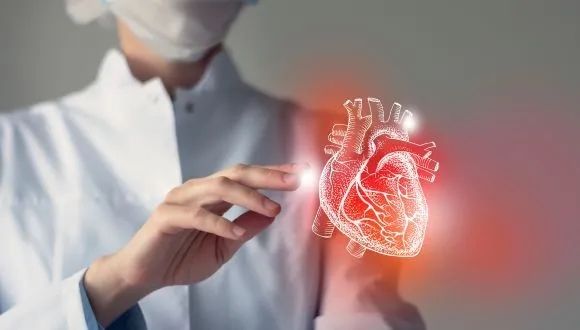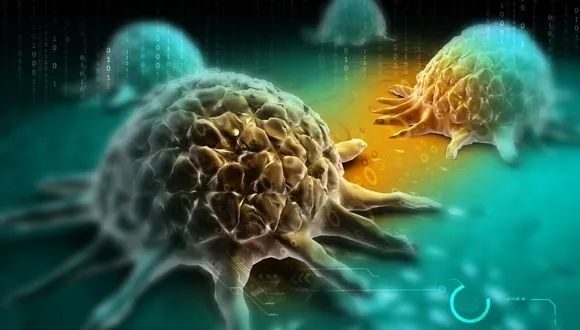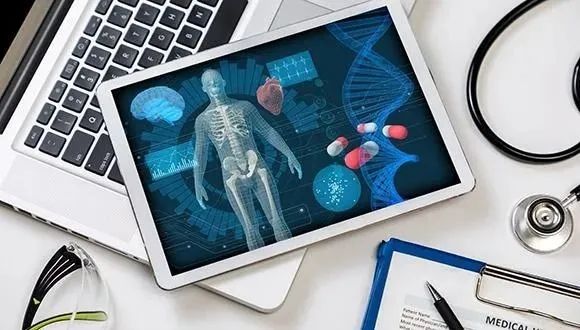
TAU lab identifies effective antibodies from recovered Coronavirus patients
Written on | Medicine
Antibody-based therapies can be used to protect at-risk populations, including medical workers, from the virus
The race to develop effective antibody-based treatments for COVID-19 is advancing at a rapid pace. Now, a Tel Aviv University laboratory reports it has successfully isolated two antibodies that would neutralize the virus’s ability to infect human cells.
The two suitable antibodies were identified in patients recovering from COVID-19, according to Dr. Natalia Freund who heads the Laboratory for Human Antibody Responses at TAU’s Sackler Faculty of Medicine.
“The use of antibodies bears significant potential as a treatment for high-risk coronavirus patients and as a preventative measure for at-risk groups, like medical workers and essential employees, exposed to the virus,” she explains.
The weak link in the virus chain
In the long run, identifying effective antibodies against virus neutralization could also accelerate the development of vaccines for the disease. Dr. Freund, who together with her team pinpointed the antibodies in blood samples of recovering patients, say that antibodies would be key to identifying the elusive vulnerable Achilles’ heel of the virus, which scientists have identified as somewhere along its spike protein, the structure that allows it to break into a cell. Dr. Freund is collaborating with researchers in San Diego to test the efficacy of antibody treatments in animal models against a live active virus. The trials are scheduled to take place this month. Only if and when the trials are successful in animal models will the option of clinical trials be considered. “If we complete the trials successfully and are able to eventually develop this treatment, it could be used to help treat at-risk patients such as the elderly or immunocompromised patients. Antibodies can also remain active in the blood for many weeks – up to two months – so injecting antibodies can afford medical teams and other at-risk groups temporary protection against the virus.”Related posts










Destroying Cancer: new drug delivery system containing RNA therapy can target cancer cells in bone marrow
31 July 2023





Operation Guardian of the Walls: Women, Young People and Residents of the South Paid the Heaviest Price
12 July 2023

